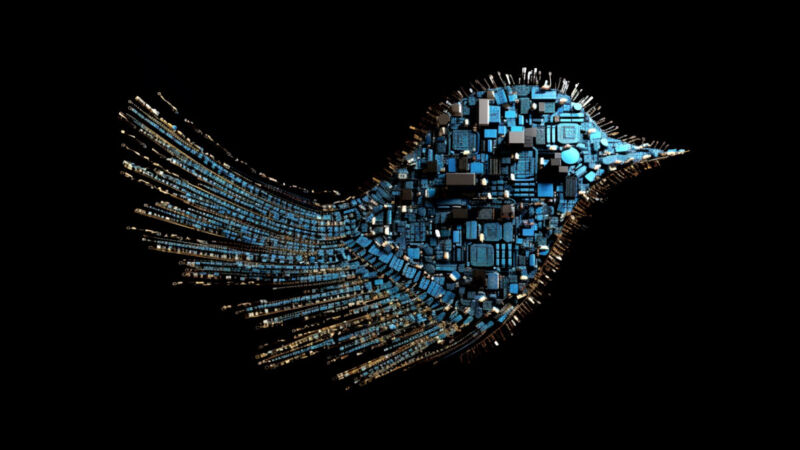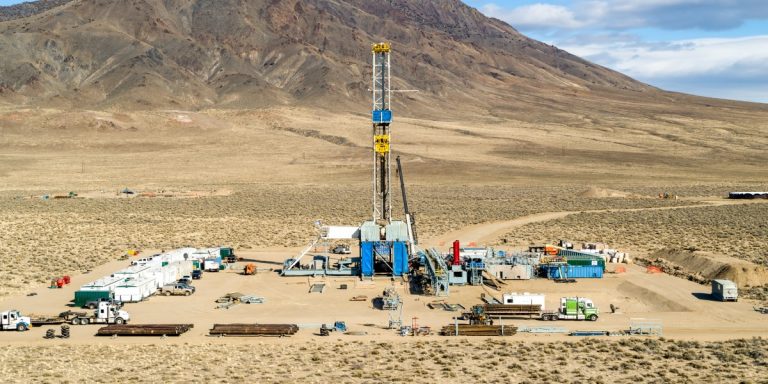
reader comments
180 with
Despite recently calling for a six-month pause in the development of powerful AI models, Twitter CEO Elon Musk recently purchased roughly 10,000 GPUs for a generative AI project within Twitter, reports Business Insider, citing people familiar with the company. The exact nature of the project, however, is still a mystery.
GPUs, or graphics processing units, are purpose-built chips originally designed for computer graphics, but their massively parallel designs make them ideal for doing generative AI processing as well. Training (creating) a new AI model usually requires a large amount of computing power, including many GPUs, which means that Musk’s acquisition could represent a significant commitment toward developing a deep-learning AI model within Twitter.
In late February, The Information broke news that Musk had approached AI researchers to form a new AI lab to compete with OpenAI’s ChatGPT, including former DeepMind researchers Igor Babuschkin and Manuel Kroiss. Earlier, Musk had publicly complained about bias in OpenAI’s products, saying they were too “woke.” Musk co-founded OpenAI in 2015 but left the company after an internal disagreement in 2018.
As for the Twitter-based AI project, Business Insider reports that it’s a large language model (LLM), the type of generative AI tech that powers ChatGPT. The firm could potentially utilize its massive library of user tweets to help train the model for natural language output.
widely publicized open letter drafted by the Future of Life Institute (an organization partially funded by Musk) that called for a six-month moratorium on the development of AI models more powerful than GPT-4, which is currently OpenAI’s most powerful released language model. The researchers cited potential risks to human civilization from runaway AI.
While the pause concept proved infeasible, not long after, some critics claimed that Musk wanted a “pause” so his companies could catch up with OpenAI. While there’s no announcement of whether Twitter’s AI model will be “more powerful” than GPT-4, these latest moves may be seen as undermining Musk’s calls for caution on the subject.





